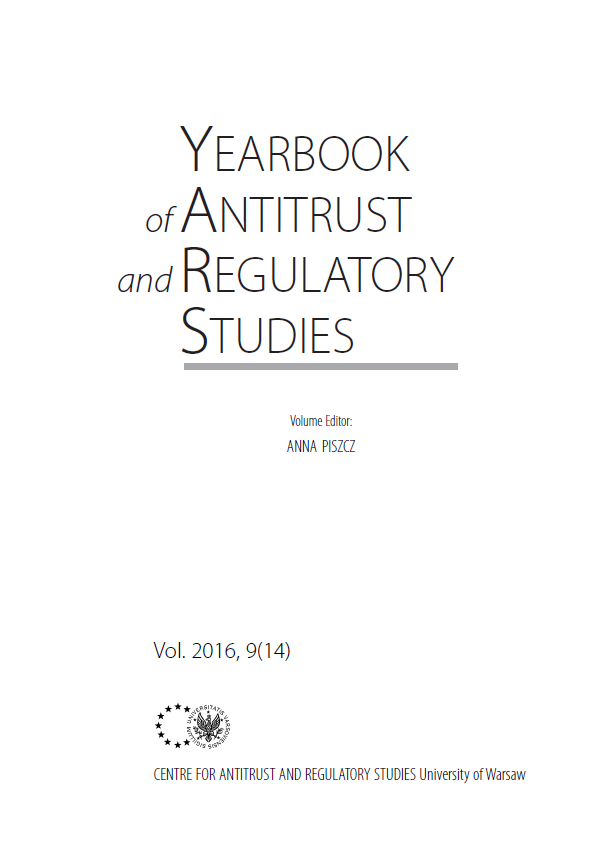Competition Law and State Aid for Failing Banks in the EU and its Specific Implications for CEE Member States
Competition Law and State Aid for Failing Banks in the EU and its Specific Implications for CEE Member States
Author(s): Virág BlazsekSubject(s): Business Economy / Management, Commercial Law
Published by: Wydawnictwo Naukowe Wydziału Zarządzania Uniwersytetu Warszawskiego
Keywords: EU Competition Law; Central and Eastern Europe (CEE); financial crisis; State aid; bank bailouts; Eurozone; sovereign debt; European Stability Mechanism (ESM)
Summary/Abstract: The bank bailouts following the global financial crisis of 2008 have been subject to prior approval of the European Commission (EC), the competition authority of the European Union. The EC was reluctant to reject rescue efforts directed at failing banks and so it consistently approved all such requests submitted by Member States. Out of the top twenty European banks, the EC authorized State aid to at least twelve entities. In this context, the paper outlines the gradually changing interpretation of EU State aid rules, the “temporary and extraordinary rules” introduced starting from late 2008, and the extension of the “no-State aid” category. The above shifts show that the EC itself deflected from relevant EU laws in order to systemically rescue important banks in Europe and restore their financial stability. The paper argues that bank bailouts and bank rescue packages by the State have led to different effects on market structures and consumer welfare in the Eurozone and non-Eurozone areas, mostly the Eastern segments of the European Union. As such, it is argued that they are inconsistent with the European common market. Although the EC tried to minimize the distortion of competition created as are sult of the aforementioned case law primarily through the application of the principle of exceptionality and different compensation measures, these efforts have been at least partially unsuccessful. Massive State aid packages, the preferential treatment of the largest, or systemically important, banks through EU State aid mechanisms – almost none of which are Central and Eastern European (CEE) – may have led to the distortion of competition on the common market. That is so mainly because of the prioritization of the stability of the financial sector and the Euro. The paper argues that State aid for failing banks may have had important positive effects in the short run, such as the promotion of the stability of the banking system and the Euro. In the long-run however, it has contributed to the unprecedented sovereign indebtedness in Europe, and contributed to an increased economic and political instability of the EU, particularly in its most vulnerable CEE segment.
Journal: Yearbook of Antitrust and Regulatory Studies (YARS)
- Issue Year: 9/2016
- Issue No: 14
- Page Range: 145-157
- Page Count: 13
- Language: English

